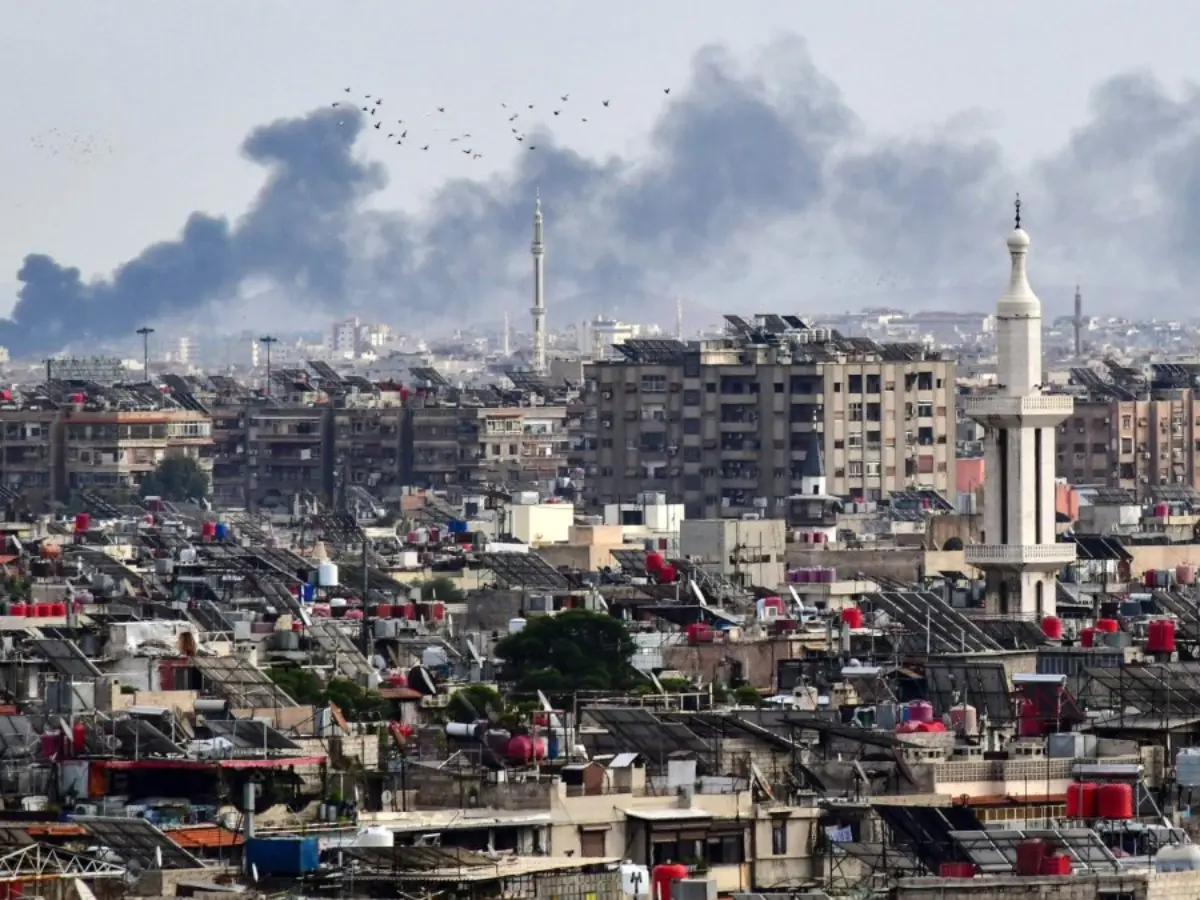Israeli ground forces conducted a raid on a Syrian location near Kisweh, outside Damascus, which had already been targeted in airstrikes on the two preceding days, according to Syrian state media. The initial strike took place on Tuesday (Aug 26), reportedly killing six Syrian soldiers, as confirmed by Syria’s Foreign Ministry. State-run SANA news agency reported a follow-up bombing on Wednesday (Aug 27). SANA cited a government source revealing that soldiers found “surveillance and eavesdropping devices” at the site before the Tuesday strikes. An anonymous defence official told AFP the location was a former Syrian military base in Tal Maneh, near Kisweh. Following the second attack, SANA stated that Israeli troops were airlifted to the area to conduct a raid, though the specifics remain unclear amidst ongoing reconnaissance flights. Israel has launched numerous airstrikes in Syria since the regime’s fall and has taken control of much of a UN-monitored demilitarised zone along the Syria-Israel armistice line.
Hezbollah weaponry reported on site
The UK-based Syrian Observatory for Human Rights, which monitors conflict zones through local contacts, indicated that the site housed weapons linked to Hezbollah, an Iran-backed Lebanese militia and key ally of Syrian President Bashar al-Assad. The Observatory described the raid as the first Israeli ground operation of its kind since Assad’s fall during a rebel offensive in December. Meanwhile, Syria’s Foreign Ministry condemned the drone strikes in the Kisweh suburb, stating the attack resulted in the deaths of eight soldiers. The ministry labelled the strikes as “a grave violation of international law” and a “clear breach of (Syria’s) sovereignty and territorial integrity.” It accused Israel of pursuing repeated aggressive policies aimed at destabilising the region.
Israel’s involvement in Syria after fall of Assad
The recent violence in Syria’s Sweida province began when members of a Bedouin tribe set up a checkpoint and allegedly robbed a Druze man. This incident sparked a cycle of retaliatory kidnappings and attacks between Bedouin tribes and Druze armed groups. Government forces attempted to intervene but were perceived as siding with the Bedouins, leading to tensions with Druze factions. The Syrian military’s entry into Druze areas raised fears of targeting minorities, especially given past traumas like the 2018 ISIS attack on the Druze community, which killed and abducted many. Israel intervened primarily to prevent militant groups from operating near its northern border and to protect the Druze population in Syria due to strong ties with Israel’s own Druze community. Citing security concerns, Israel enforced a self-declared demilitarised zone in southern Syria and launched multiple airstrikes. Despite USattempts to broker peace through the Abraham Accords and engage with the Syrian government, Israel remains wary of the new leadership under al-Sharaa and has expanded its presence in Syrian territory since the fall of Assad.
